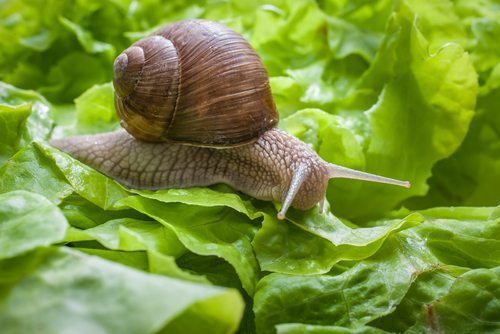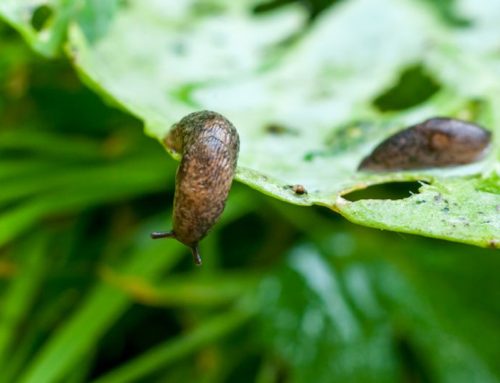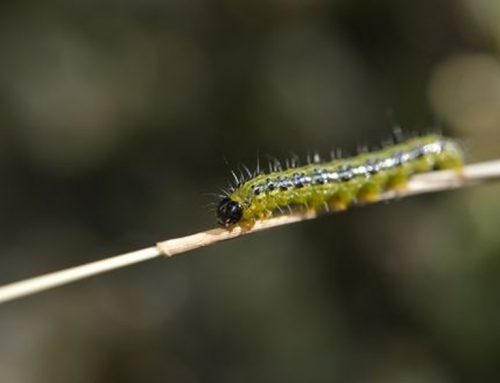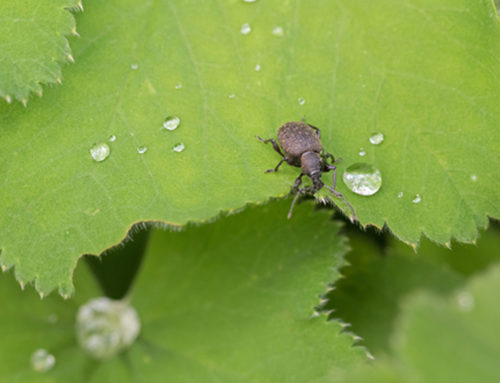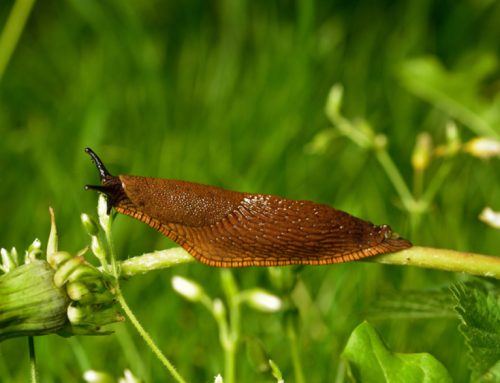Slugs and snails have an amazing ability to wreak havoc on the garden. But with a little knowledge and the right tools you can protect your plants.
The short answer to the problem of slugs and snails is integrated control. There are many weapons in the war on slugs; you can choose to use several of these methods for a more complete control, or just one or two. Whatever you decide, choose wisely and use all products with care and respect to limit their impact on the environment of your garden and any adjoining land.
Protect your Plants against Slugs & Snails
Barriers that surround you plants by an impenetrable layer can be very effective but you need to keep a close eye on them to ensure that the barrier is not breached. If they are bridged in any way by foliage then they fail immediately.
For a decorative finish try using Earth Matters Slug Blocker Granules. These granules are made from 100% natural ingredients and are non-toxic meaning they are safe to use all around the garden.
Alternatively, try using Plant Protection Bark on your beds and borders. Mulching with this attractive bark will not only help to supress weeds and retain moisture but will also help to protect your precious plants from attack by slugs and snails.
Fast and Effective
ERAZA® slug and snail killer utilises the very latest technology to ensure that precious plants are protected from these pests. Due to specialist manufacturing techniques, the metaldehyde in this innovative pellet is FIVE times more effective*.
This technology ensures that each pellet contains many more, smaller particles of metaldehyde, making it easier for slugs and snails to consume than traditional pellets. This not only makes it FIVE times more effective*, but ensures efficacy with less active ingredient; 1.5% metaldehyde vs. 3% of standard pellets. ERAZA®is the first true low active pellet that delivers fantastic results!

Manual Control
Traps are an excellent control but are not for the faint hearted. They need to be emptied regularly; dead slugs smell and look disgusting. But traps do offer an effective means to an end; laced with beer they provide a soporific last supper to these slippery beasts.
There are a huge variety of different types available, some are complete with baits, others designed just for beer, or milk. Look out for purpose-made traps, with lids to stop rain and beneficial insects from falling in. You can make your own but you do risk catching ground beetles and other friendly bugs that frequent the garden.
You can also collect up feeding slugs and snails at night by torchlight, or place lettuce leaves around the plot to attract them during their nightly antics and then gather them up. You’ll find many more slugs and snails after rainfall or on a damp evening than in the height of summer.
Natural Defences
By attracting wildlife into the garden such as hedgehogs, frogs, toads, slow worms and even snakes, you will find that the problem is less and less each season. Provide suitable habitats for creatures to shelter, feed, water and breed. A wildlife pond, a pile of rocks or a dry stonewall all provide vital hiding places and shelter for wildlife.
If you are lucky enough to have a few hens too that you can allow to roam for a few weeks in spring they will make great inroads into the slug and slug egg problem on your patch. If not then let the wild birds feed. Turn over the soil to expose the shiny round slug eggs; they are a great delicacy for robins and other ground feeders.
Remove weeds from around the plot that can shelter slugs and snails and keep a careful check on any plants in flowerpots, lift the pots regularly to harvest the army of mini slugs that shelter beneath.
* It takes 205 micrograms of metaldehyde to kill an average sized slug with standard pellets compared to a much lower 37 micrograms of TR3799 metaldehyde in the new ERAZA pellets.

